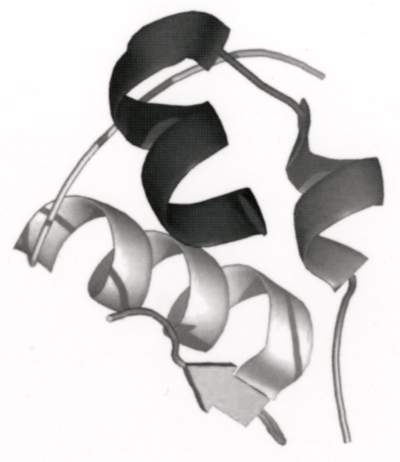In related research, Prof. Yehiel Zick of the Molecular Cell Biology Department has discovered that insulin resistance might be caused by protein blocking. Apparently, some of the effector proteins that relay messages from the insulin receptor to the glucose uptake machinery in cells undergo excessive phosphorylation, preventing their binding to the insulin receptor. This “short circuit” eliminates their ability to communicate messages to the cell’s interior, rendering the cell insulin-resistant.
The new study by Prof. Zick adds to the contribution made by the Institute’s Prof. Menachem Rubinstein in explaining the link between obesity, insulin resistance and diabetes. Zick found that two major culprits of inappropriate phosphorylation are free fatty acids and TNF - a molecule secreted by fat cells that is found at excessive levels in obese people. These findings may lead to future treatments for preventing insulin resistance by, for example, blocking the adverse effects of TNF.
Other research by Zick found that “sub-parts” of a cell’s insulin receptor interact with different effector proteins to trigger different processes. For example, one receptor region interacts with the IRS-1 effector to control glucose absorption, while another interacts with the effector known as Shc, to control insulin’s growth-promoting effects.
Zick is studying these interactions by developing peptide models of the regions and inserting them into cells. A better understanding of these reactions may form the basis for drugs that will improve the insulin signaling process.
Are you a journalist? Please sign up here for our press releases
Subscribe to our monthly newsletter:






















